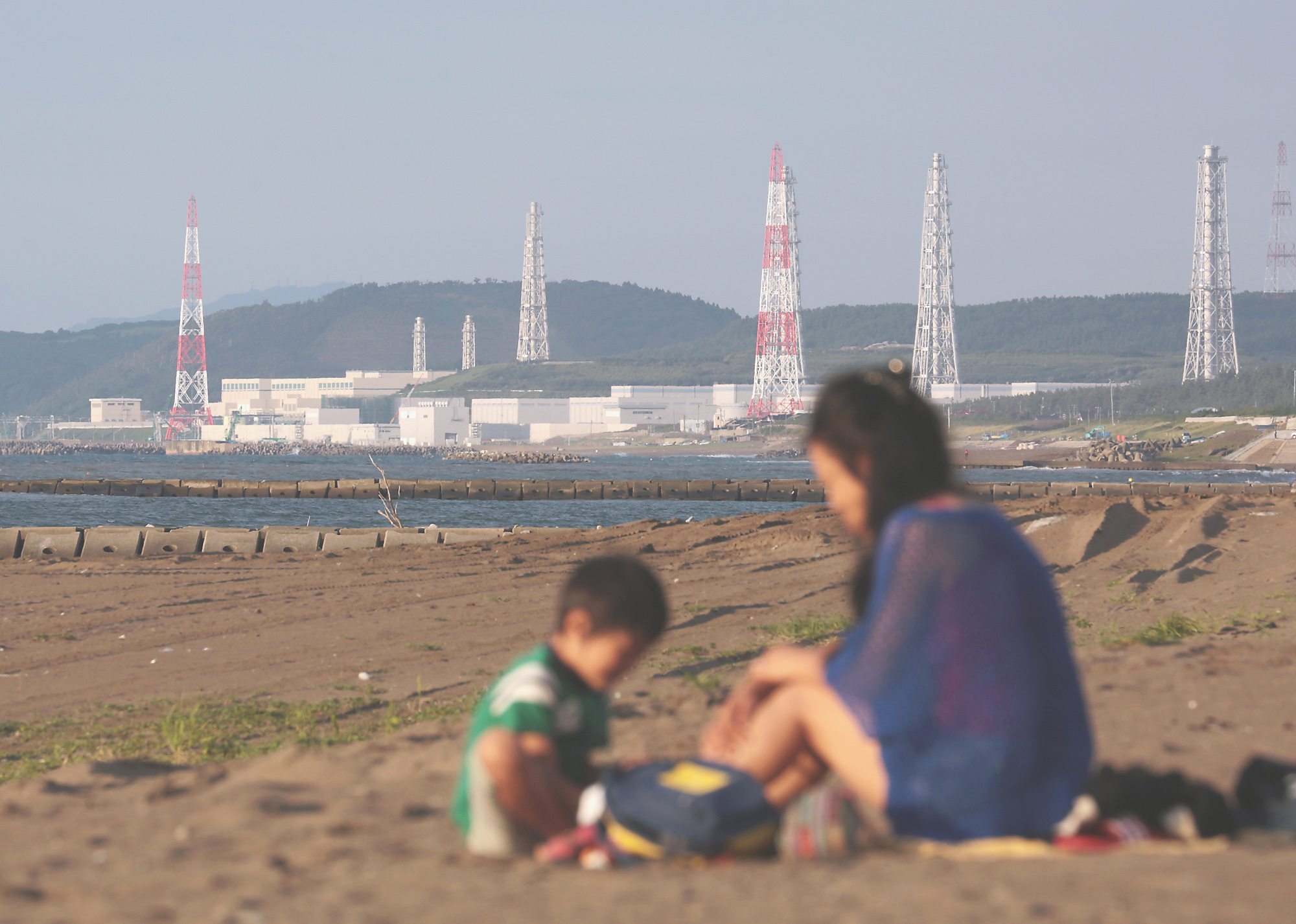The Regional Governance Law allows local governments to submit ikensho, or "letters of opinion," to the central government on matters that concern them. These opinions should represent the will of elected assemblies, and can include proposals for new bills or revisions of existing ones. About 7,000 ikensho are sent to the Diet every year, and according to an article in the Jan. 19 Asahi Shimbun, the central government rarely pays them any mind.
The administrative office of the upper house says that it has received 1,475 ikensho "related to nuclear energy issues" since the Fukushima nuclear plant accident in March 2011. Asahi went through these letters to determine how many demanded an end to support for nuclear energy as a national policy. Excluding matters pertaining to things like compensation for Fukushima victims and worries about radiation, the paper determined that 455 prefectural and municipal assemblies have asked the government to abandon nuclear power. That's about 30 percent of all the local governments in Japan.
The Asahi mentions these numbers to point out the "lack of insight" inherent in Prime Minister Shinzo Abe's view that the upcoming Tokyo governor's election should not be about nuclear power, since energy policy is determined at the national level. Abe was referring to former PM Morihiro Hosokawa's platform, which is built primarily on anti-nuclear sentiments with the help of another former prime minister, Junichiro Koizumi, who was Abe's mentor in the Liberal Democratic Party.



